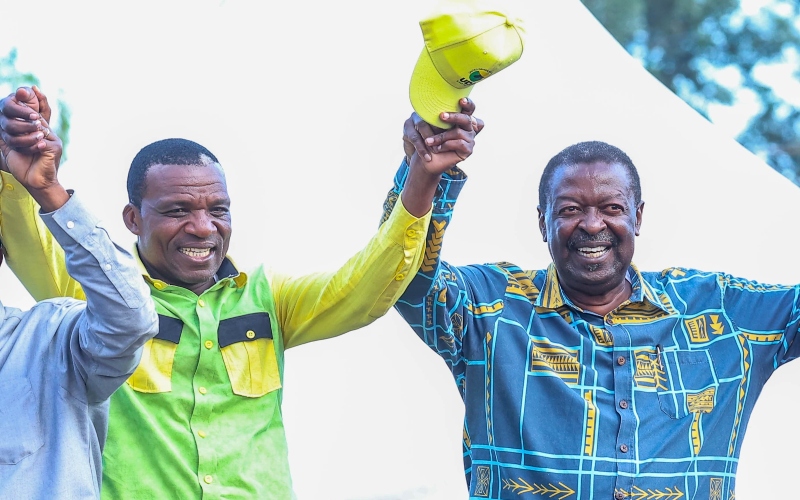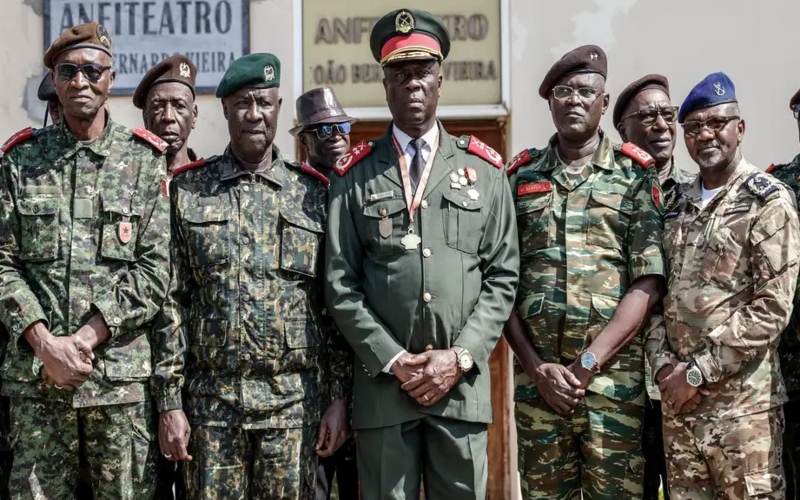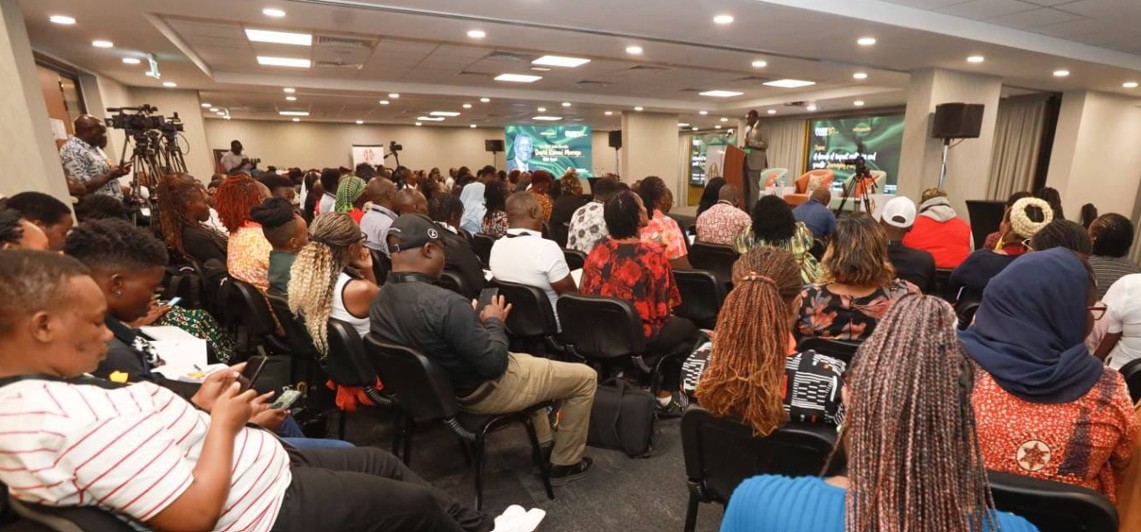Muslims hold protests in Nairobi against Supreme Court ruling on LGBTQ

In Nairobi, Kenya, a gathering of hundreds has ignited controversy as religious groups lead a protest against LGBTQ rights.

After Friday prayers, protesters marched to the Supreme Court to protest against against LGBTQ rights
More To Read
- How circuit, mobile courts expanded justice to underserved communities - report
- CJ Koome affirms Judiciary’s commitment to transparency, says trust central to transformation
- Supreme Court to receive title deed by December 25, says DP Kithure Kindiki
- Supreme Court Judge Mohammed Ibrahim to retire after 23 years of service
- Koome reports historic 104 per cent case clearance rate, hails milestone for justice access
- Court dismisses bid challenging bench picked by CJ Martha Koome
In Nairobi, Kenya, a gathering of hundreds has ignited controversy as religious groups lead a protest against LGBTQ rights. The demonstration, decried as "dangerous" by human rights organizations, emerged in response to a recent Supreme Court decision allowing a gay rights group to register as a non-governmental organization.
After Friday prayers, protesters marched to the Supreme Court, demanding the resignation of three judges involved in the case. They brandished signs with slogans like "LGBTQ is not African" and "A Walk for Upholding Family Values."
In Kenya, homosexuality remains deeply stigmatized, and archaic colonial-era laws still classify gay sex as a crime, carrying penalties of up to 14 years in prison. Although convictions under these laws are infrequent, LGBTQ activists argue that they infringe upon privacy, dignity, and access to healthcare and justice while promoting discrimination.
The Kenya Human Rights Commission (KHRC), an independent rights group, has forcefully condemned the protest, characterizing it as an outgrowth of a "hateful campaign" originating in Mombasa last month. KHRC expressed concerns that such actions put LGBTQ individuals in harm's way.
"This hate campaign is now reaching the capital, and we know it will jeopardize LGBTQ persons' lives, just as previous street actions endangered this community," stated KHRC in a resolute message. "We unequivocally condemn all past and ongoing malicious activities that continue to undermine this community's right to life, security, and dignity."
The protest organizers intend to march to the parliament to voice support for a draft bill that seeks to criminalize gay relationships with severe penalties, including up to 50 years in prison. This proposed legislation bears striking similarities to the harsh anti-gay laws passed in Uganda earlier this year, which include provisions for "aggravated homosexuality" as a potential capital offense and life imprisonment for consensual same-sex relations.
Throughout East Africa, homosexuality remains illegal in numerous countries, with a history of discrimination against LGBTQ individuals, often fueled by conservative religious groups. However, there have been some positive developments, such as Mauritius recently repealing a British colonial-era law against gay sex, bucking the regional trend.
Top Stories Today














































